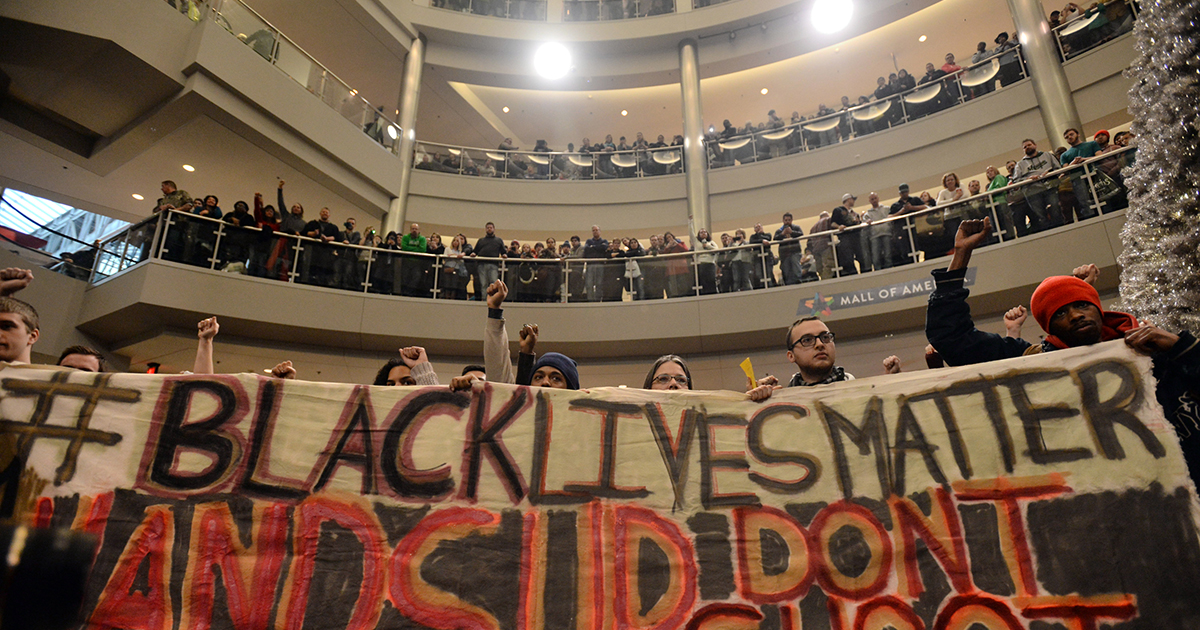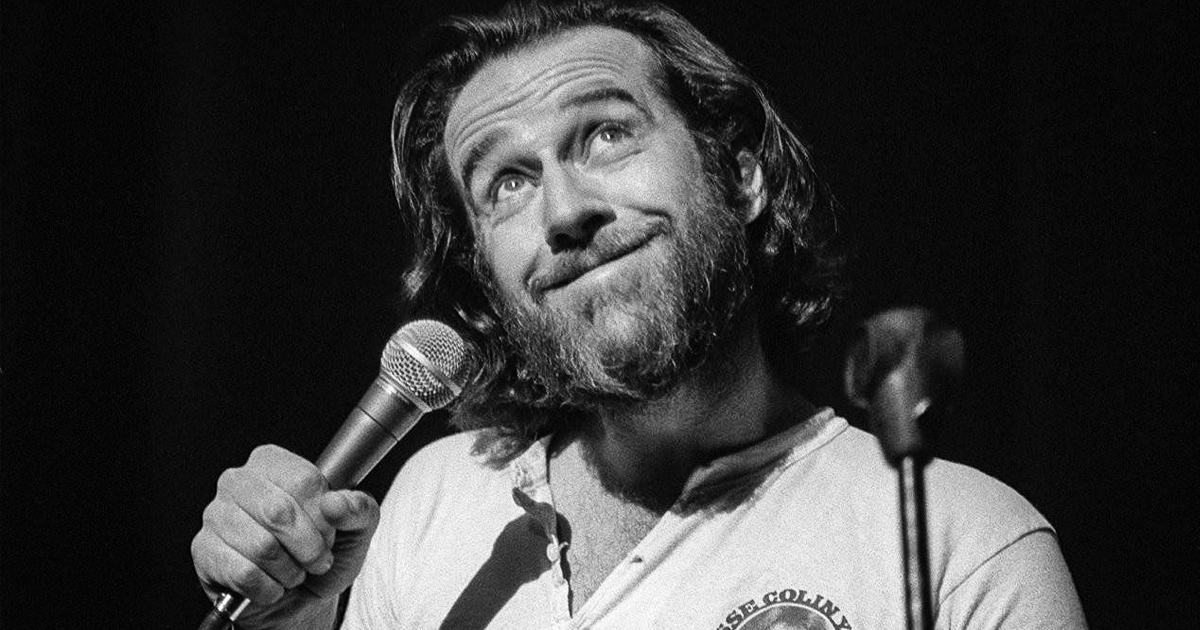Corporate attorneys for the nation’s largest shopping mall got Judge Karen Janisch to grant them a restraining order, barring leaders of the Black Lives Matter movement from organizing and attending a protest scheduled for today on one of the busiest shopping days of the year. The restraining order, however, only applies to three organizers. The rest of the protesters are showing up and the protest is going forward. In her ruling, Judge Janisch admitted that legally, her hands were tied:
The Court does not have a sufficient basis to issue an injunction as to Black Lives Matters or to unidentified persons who may be acting as its agents or in active concert with the Black Lives Matters movement.
In addition, Judge Janisch denied the shopping mall’s request to force the organizers to remove any social media announcements of the event and post messages about cancellation of the protest.
It wasn’t what the owners of Mall of America wanted to hear. Last year about this time, a similar protest shut down several areas of the mall, in defiance of mall managers who warned that the demonstration was “unauthorized” and participants might be arrested.
The petition, filed by lawyers for the Mall of America, specifically named three individuals identified as leaders of the Black Lives Matter (BLM) movement. In her 29-page ruling, Judge Janisch acknowledged the mall is private property and that the three organizers had no Constitutional right to be there. Nonetheless, the protest is going forward. One of the organizers who has been banned from the mall, Kandace Montgomery, is not the least bit discouraged. She said, “We are a leader-full organization. Just barring three of us does not mean that you’ve stopped our work.” Ms. Montgomery added that she expects at least 700 protesters at the event.
Last year’s protests were fueled by anger and frustration over the pointless killings of unarmed African-Americans by police in Ferguson, Missouri and New York City. Today’s protests are intended to raise awareness of the police shooting of Jamar Clark, a 24-year old black man from Minneapolis. According to the police report, Clark was resisting arrest – but witnesses have said that he was under restraint and in handcuffs when he was shot. Today’s demonstrations near Minneapolis echo another recent protest in Chicago, which was held on “Black Friday” in one of the city’s busiest shopping districts. That rally, led by the Reverend Jesse Jackson and other prominent black and white leaders, drew attention to the issue of racial profiling by law enforcement – which has been a significant factor in the deaths of almost 800 black citizens over the past year.
The Chicago protest, like the one last year, put a major dent in holiday sales – and today’s demonstration is likely to do so as well. That’s the main concern of Susan Gaertner, a lawyer for the Mall of America corporation. At the hearing, she repeatedly said that her clients have no problem with the BLM movement and its message. That’s not the point, Gaertner said; the main concern is that it will interfere with last-minute Christmas shoppers and hurt sales.
Legally, nobody has a right to protest or demonstrate about anything on private property without the property owner’s permission. The mall owners are within their rights to hire additional security and take whatever measures they deem necessary to provide a safe and pleasant shopping experience. The fact remains, however, that often there is a disconnect between what is legal and what is right.
There is a story about early American activist Ralph Waldo Emerson. In his essay, Civil Disobedience, he questioned the fact that people obey the letter of the law, even when they believe that law to be unjust. An abolitionist who detested the “peculiar institution” that made it legal for one human to own and treat another as a piece of property, he refused to pay a tax that contributed to the support of slavery. In 1846, Emerson was jailed for his refusal to pay the tax and associated fines. According to the story, an acquaintance passed by the jail and saw him, He asked, “Why are you in jail?” Emerson’s response: “Why aren’t you?”
There are issues in America today that go beyond property rights and the protection of commerce. One of those is the concept that all lives matter, regardless of skin color. Today, with society’s obsession with commerce and consumption, the concern for human lives seems to get lost. If black lives don’t matter, none of our lives matter.
Today’s protesters may not have a legal leg to stand on, but morally, they not only have the right, but the obligation to stand up and say, “THIS IS WRONG.” If getting this message across means a few holiday shoppers have to wait a few days to get their smart phones and a few retailers wind up making less money, so be it. It is something that a group of discontented colonists understood when they boarded cargo ships one night in December of 1773, tossing more than $2 million worth of cargo into Boston Harbor.
It was understood by abolitionists of the mid-19th Century who risked their own freedom by assisting African-American slaves as they escaped their involuntary servitude. It was understood by Eugene V. Debs who spoke out against U.S. involvement in a foreign conflict – and was jailed as a result. It was understood by those who stood up to the tyranny of Senator Joseph McCarthy, and who protested U.S. involvement in wars that had little to do with “freedom” and everything to do with corporate profits and the protection of markets.
Those who are protesting today may wind up in jail – but they represent what America has been about since the beginning. When justice conflicts with the law, the best of us take the side of justice – regardless of the cost.


